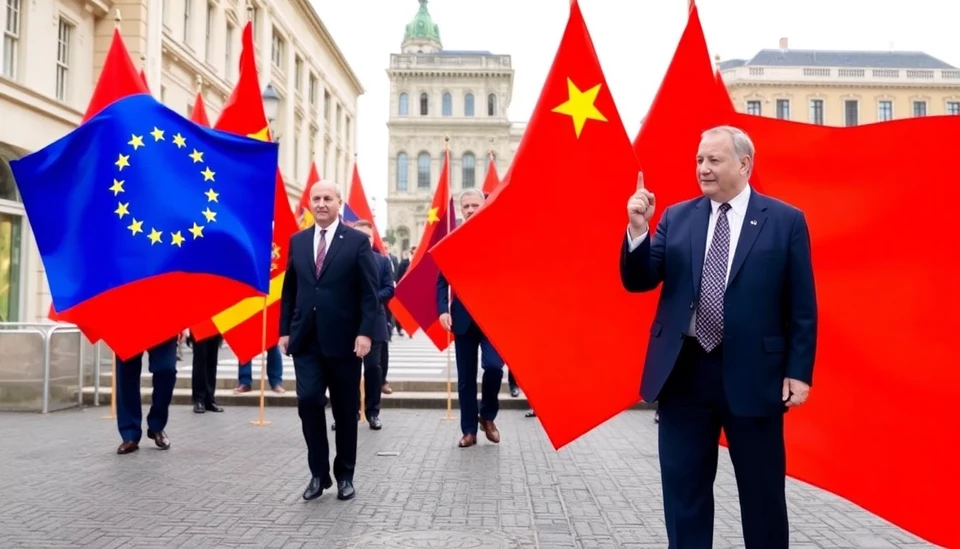
In a striking move that underscores Spain's diplomatic balancing act, the body of Spain's foreign relations, known as Cuerpo, has publicly reaffirmed its commitment to maintaining a strong relationship with China. This decision comes at a time when the United States and China are grappling with escalating tensions over a variety of geopolitical issues.
Spain's stance signals a willingness to forge beneficial partnerships with non-European powers, even as relations between the United States and China enter a challenging phase. Recent statements from Cuerpo officials reveal a nuanced perspective on international diplomacy, emphasizing the importance of diverse alliances in today’s interconnected world.
Cuerpo's reaffirmation of ties with China contradicts some of the more hawkish positions taken by the U.S., which has been urging its allies to distance themselves from Chinese influence, particularly in sectors deemed critical to national security. Spain, however, appears to be carving its own path, focusing on economic cooperation and trade opportunities.
The Spanish government has articulated that engagement with China is not only beneficial for Spain's economy but is also a strategic necessity given the global landscape. Officials have pointed to several ongoing projects and partnerships that are advantageous to both nations, including investments in infrastructure and technology.
As Spain navigates its diplomatic waters, the region watches closely. Analysts are observing how Spain's choices might influence relations with the United States, as the latter continues to seek cohesive coalitions to counter perceived threats from China. In conversations within the corridors of power, the balancing act between maintaining strong ties with Washington while pursuing beneficial agreements with Beijing could define Spain’s foreign policy agenda for the foreseeable future.
Moreover, the Spanish government has expressed optimism regarding its economic interactions with China, particularly in discussions surrounding trade agreements that could open new markets for Spanish exports. This proactive approach to diplomacy highlights Spain's intent to strengthen its positioning within the larger context of global trade dynamics.
While the U.S. may be urging its allies to limit cooperation with China, Cuerpo's strategies reflect a more assertive and independent stance. It remains to be seen whether this approach will alter the dynamics of Spain-U.S. relations or if it will serve to deepen Spain's economic entanglements with China.
As the world anticipates the next moves from key international players, Spain’s Cuerpo has thrown a gauntlet into the discussion of global diplomacy. The implications of this stance could reverberate well beyond the Iberian Peninsula, influencing how other nations approach their relationships with the two superpowers.
In conclusion, Spain's ongoing dialogue with China amidst rising tensions with the United States underscores the complexity of contemporary international relations. The balancing act is delicate, and as events unfold, it will be paramount for Spain to navigate these waters judiciously in pursuit of its national interests.
#Spain #ChinaRelations #USChinaTensions #Diplomacy #Cuerpo #InternationalRelations #GlobalEconomy #TradeAgreements #ForeignPolicy
Author: Laura Mitchell




